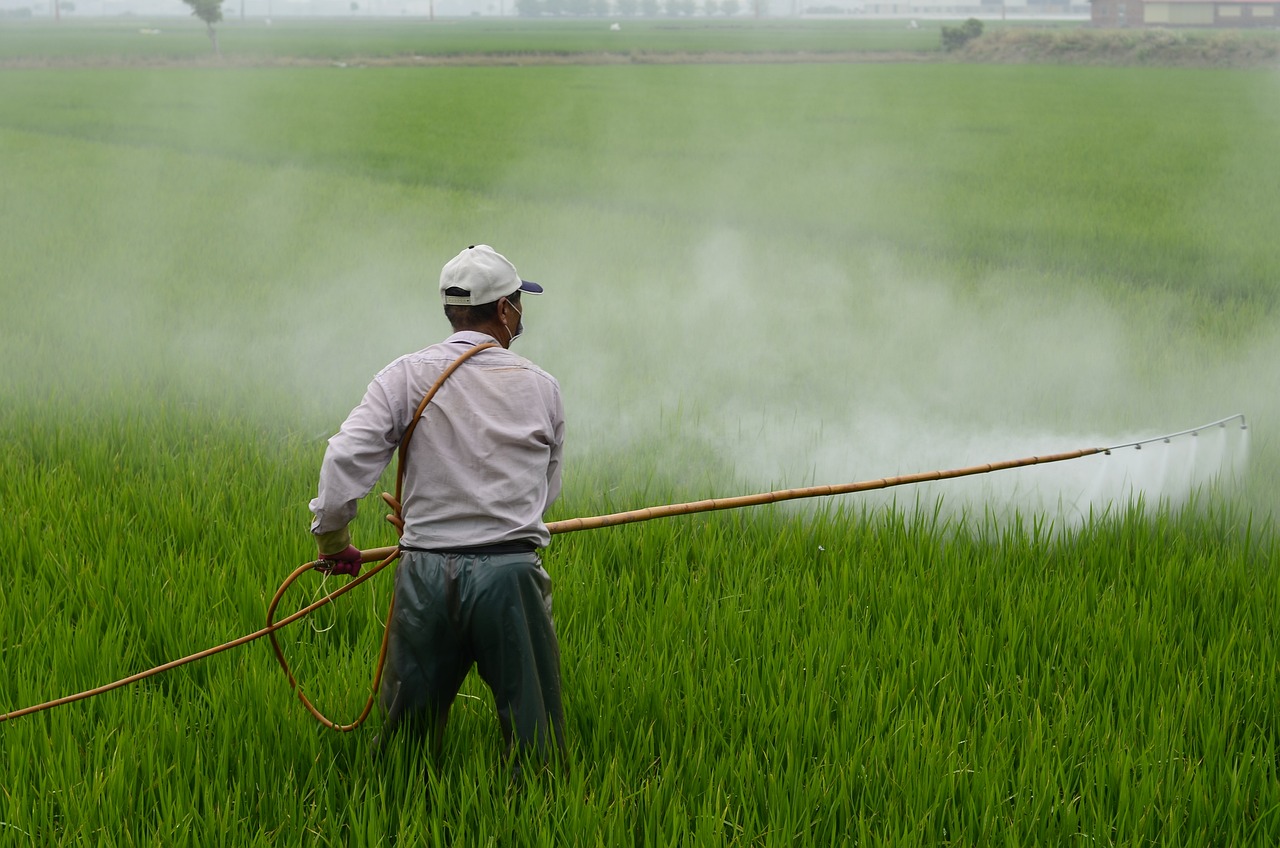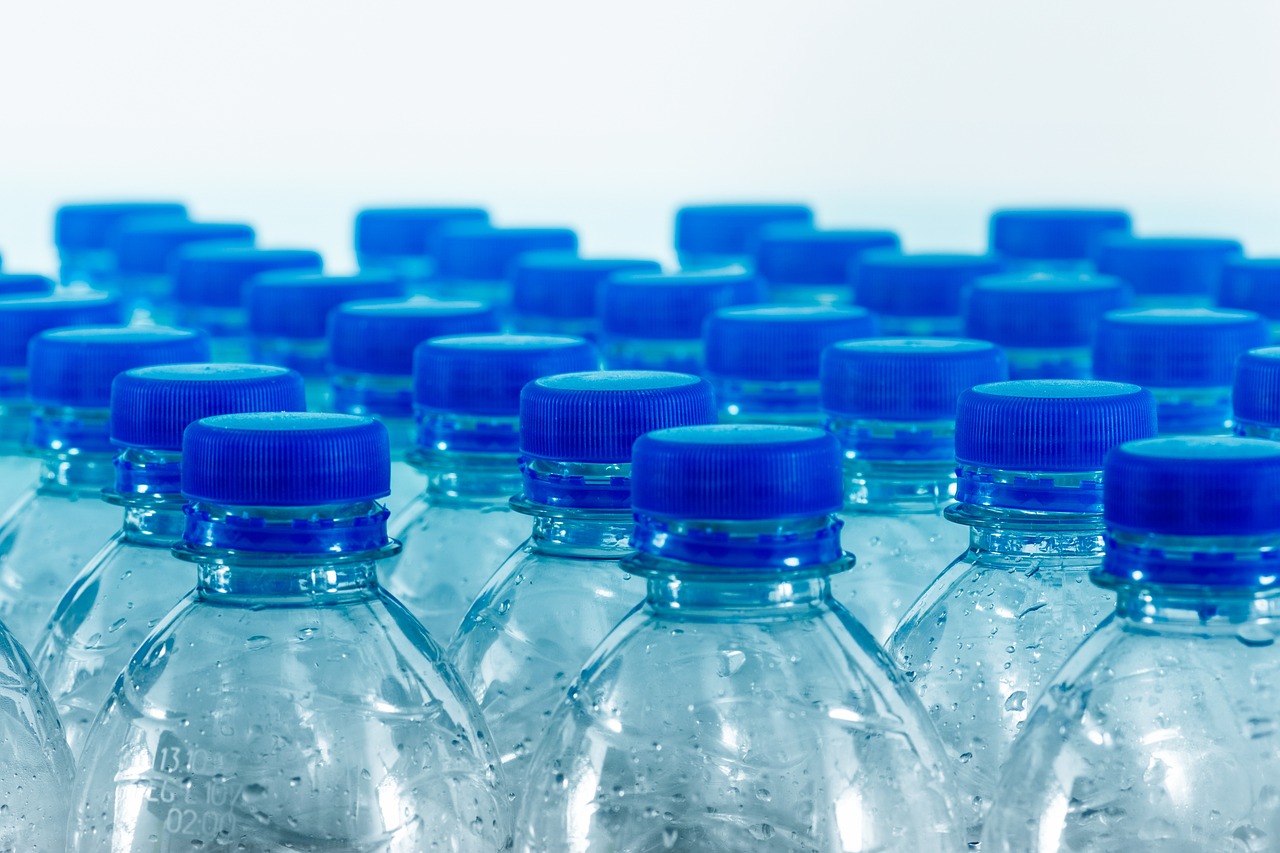On 24th October 2023 during the ILPPW, we collaborated with the Department of Chemistry of the University of Nairobi to advocate for the prevention and management of Lead Exposure at the Community Level. This awareness-raising event and training workshop held at Dandora Community Hall, had over 100 participants in attendance consisting of community health volunteers, key front-line health care providers and the general population from the community. The participants were taken through how to prevent and manage lead exposure at the household and community levels.

Following the backdrop of a study report released by CEJAD and IPEN in 2017, Back To Basics organized a very educative and informative multi-stakeholder discussion event titled Working together to eliminate Lead in paint on 28th October 2022. The Multistakeholder event culminated from a series of pre-event activities over the week of 23 to 27 October 2022. The pre-event activities were informed of Kenya’s great leap towards a lead-free paint environment through the gazettement of the new paint standards to eliminate lead paints in 2018. Key players who attended and made presentations at the event included The Kenya Bureau of Standards (KEBS), the Center for Environmental Justice and Development (CEJAD), and Dr. Farida Were, Head of the Chemistry Department at the University of Nairobi.

Press Release
- New Study Shows Many Kenyan Paints Still Contain High Lead Levels
- Push to Phase-out Life-Threatening Leaded Paints in Kenya







